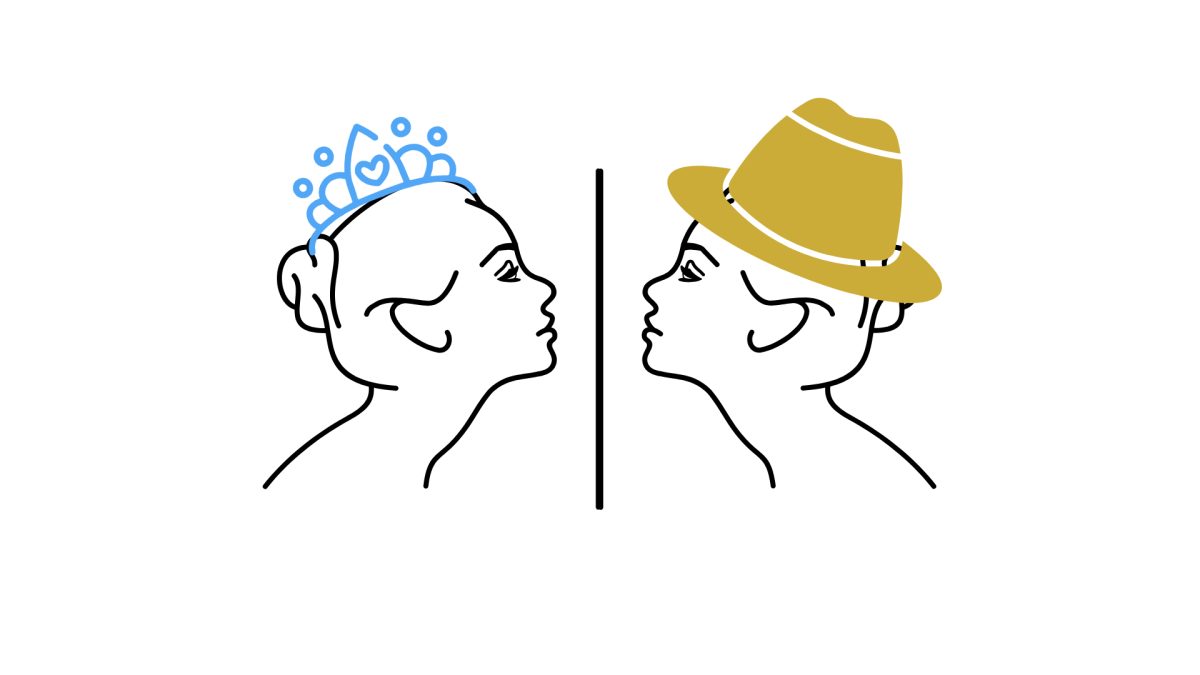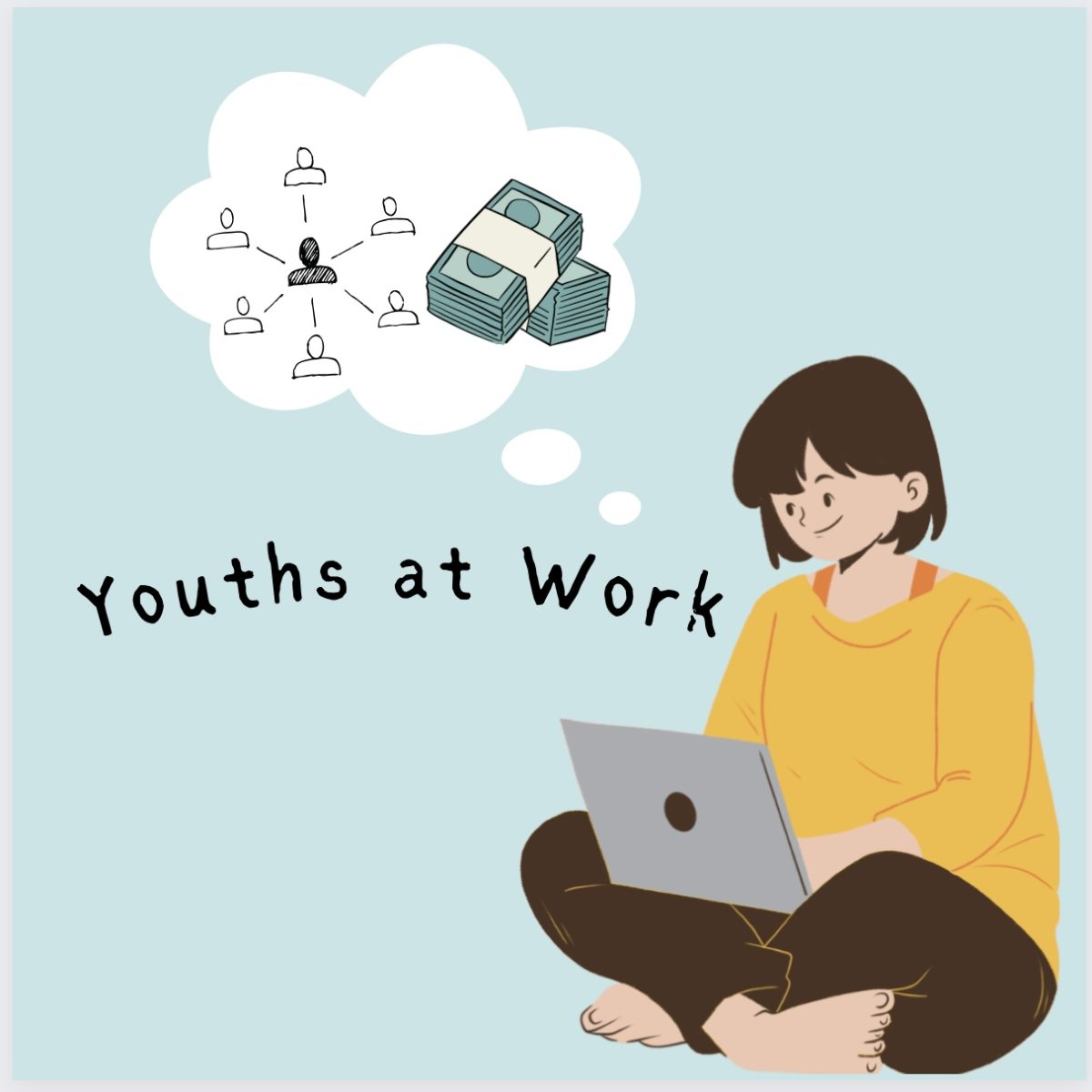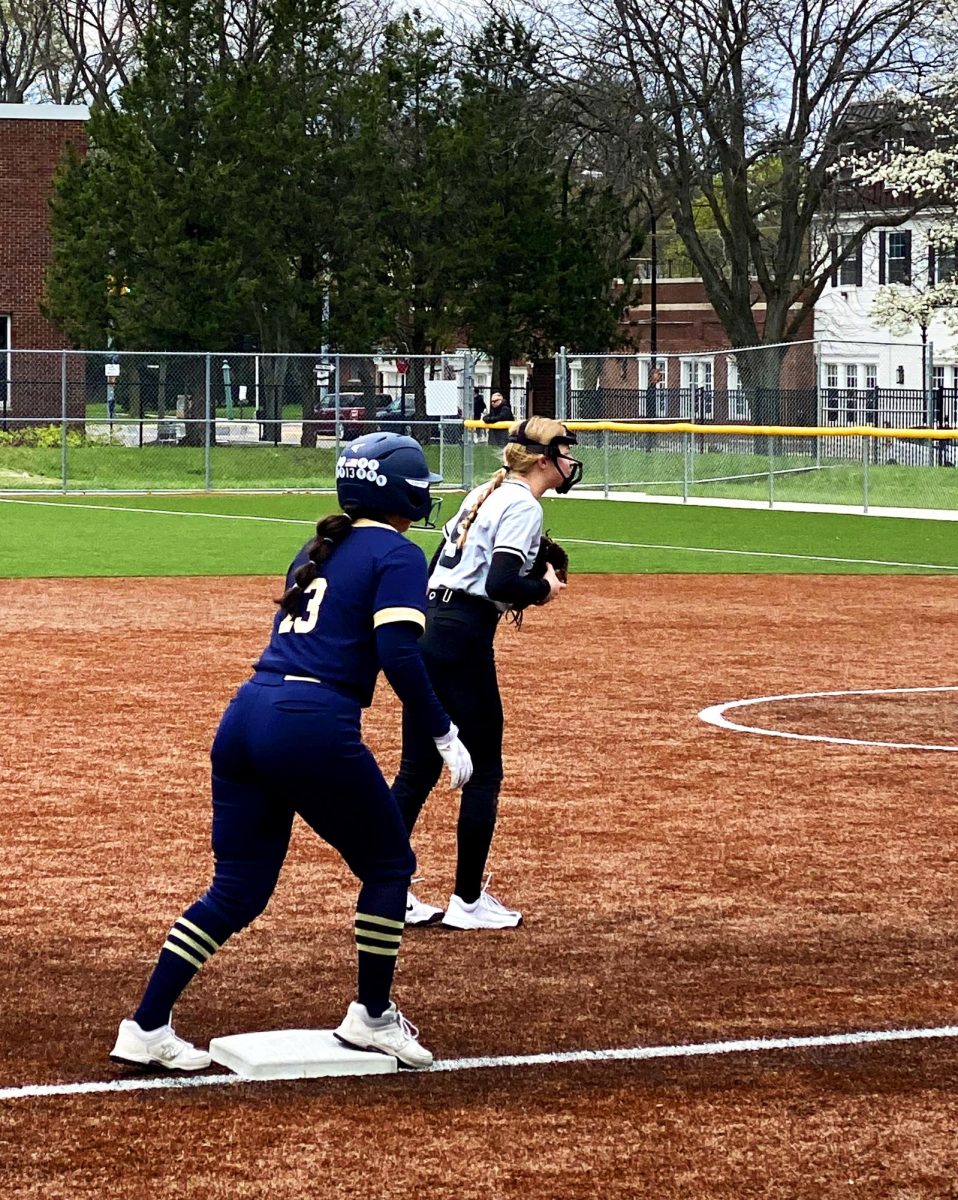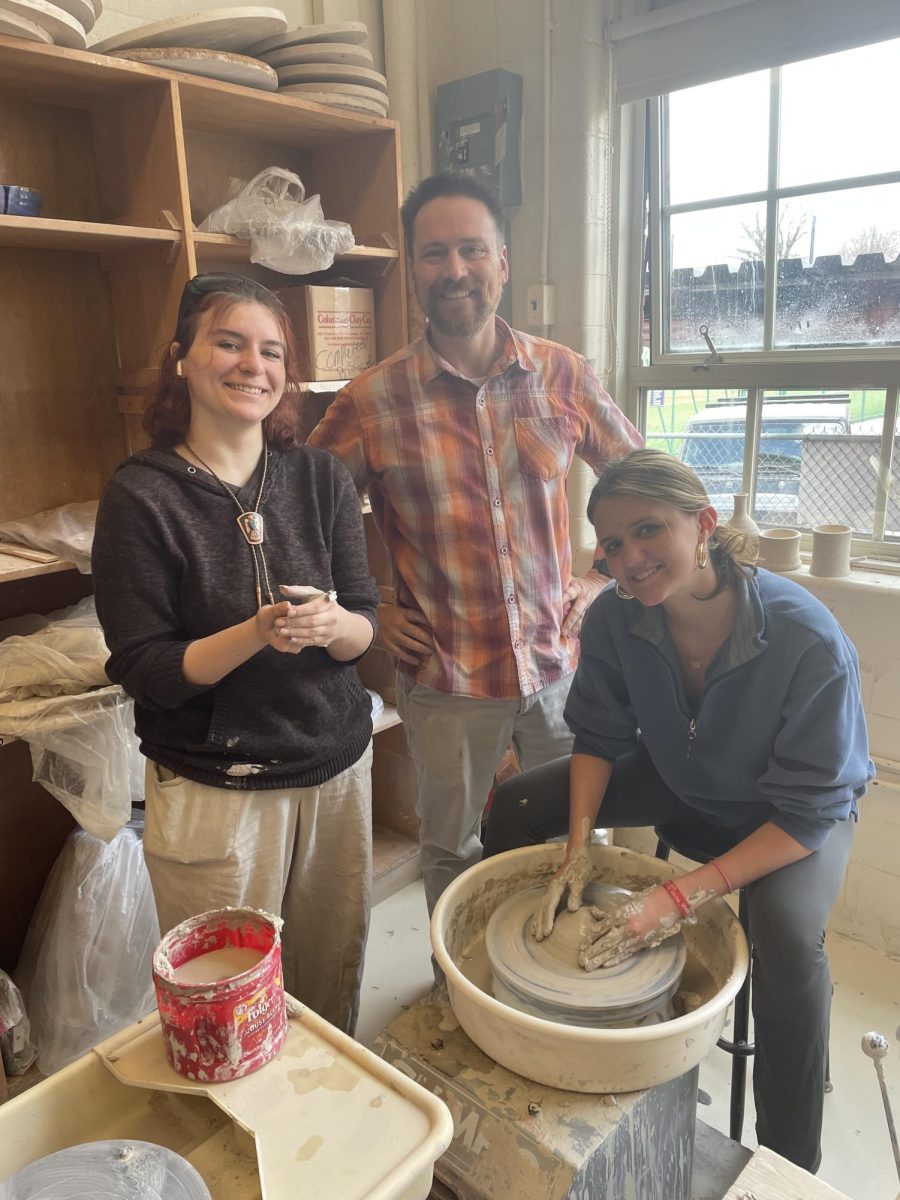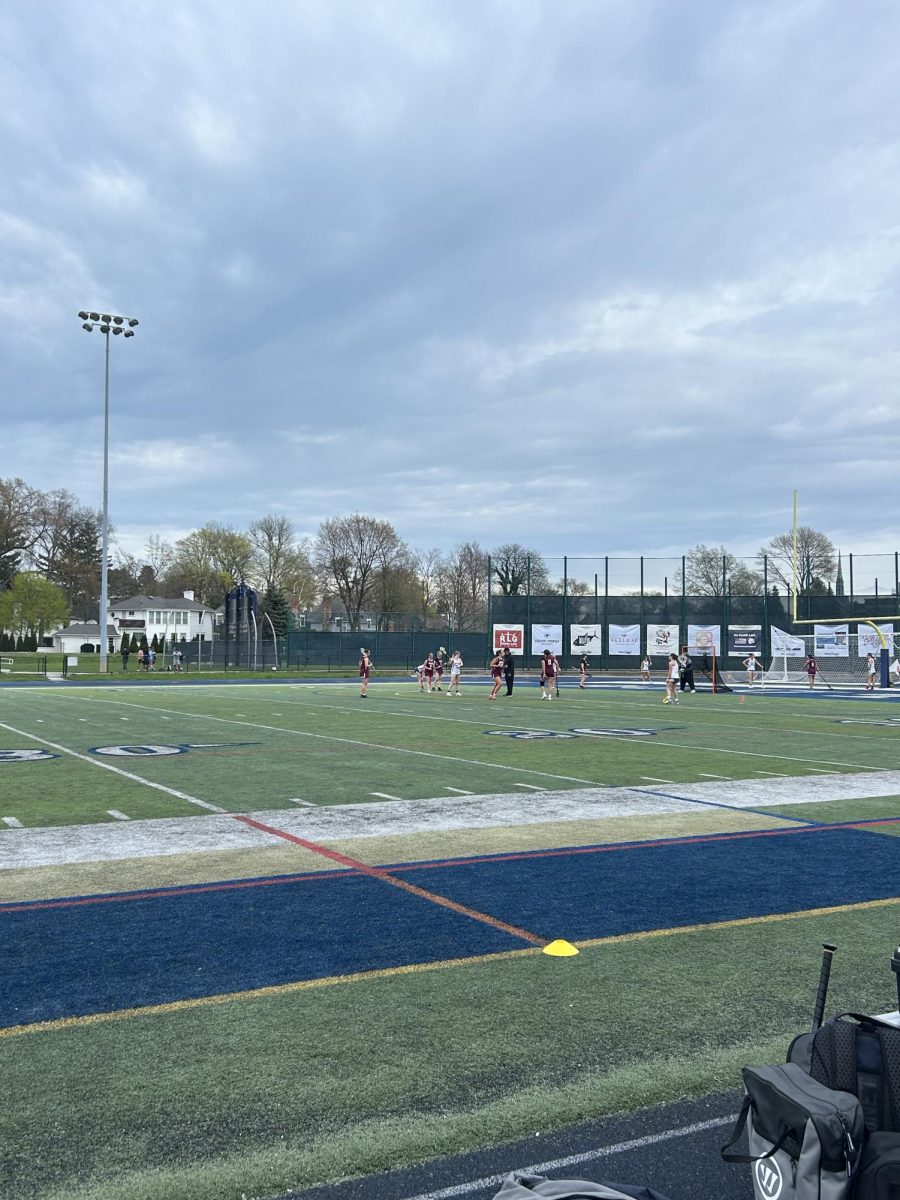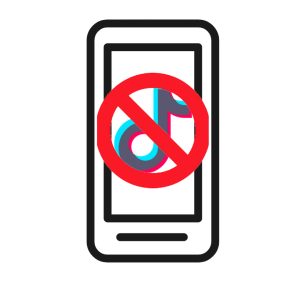Punishment or rehabilitation: the debated topic of drug use
January 25, 2022
As vapes and popular drugs are becoming more normalized, punishment for drug use is being prioritized over encouraging rehabilitation.
The concept of viewing those who use any variety of drugs as nothing but criminals and failures is not new. However, according to Leslie Lundahl, associate professor in the Department of Psychiatry and Behavioral Neurosciences at the Wayne State University School of Medicine, this may not be a fair mindset. Though people may make the choice to initially use drugs, after chronic exposure, changes in their brain force their drug use to no longer be a choice. Lundahl said studies have found that drug addiction is actually a complex brain disease.
“We wouldn’t incarcerate someone with diabetes without insulin and expect them to get better,” Lundahl said. “But we incarcerate individuals with a substance use disorder without treatment and somehow expect them to recover.”
According to Principal Moussa Hamka, in schools, there needs to be a balance between punishment and directing towards rehabilitation. He mentioned the punishment varies depending on the type of drug in use and number of offenses.
“If you are a first time offender for any type of drug, marijuana or any other substance, it is a ten day suspension, which is reduced down to a five day separation if you are enrolled in some type of a treatment program working with a counselor,” Hamka said. “The second offense is 15 days, and the third offense is a recommendation for expulsion. On the cigarette or nicotine side of things, it is a three day suspension for the first offense and then subsequently goes up for more offenses.”
In addition to the punishment policy, Hamka explained South bathrooms were temporarily closed, and there are now hall monitors to monitor students in the bathrooms. He said restrictions were put in place in the hallways as well.
“In select hallways, we are now monitoring via cameras and hall monitors,” Hamka said. “We are specifically monitoring the hallways that are less traversed or some of the dead areas in the building.”
However, Hamka believes it is not only the school’s responsibility to address student drug use. He thinks parents and school counselors should collaborate to help students receive help.
“We need our parents to have a talk with their children about alcohol and drug use,” Hamka said. “We can’t be the only ones doing it. Similarly, the parents can’t be the only ones we have to enforce this. We need to continue to work with families.”
Though counselors may be available to help students with drug use, an anonymous student, John Doe, who recreationally uses nicotine and marijuana claims he is unaware of these resources and believes others are as well.
“I’ve seen a lot of anti-drug ads on social media, but these aren’t very helpful, and I usually just scroll right past them,” John Doe said. “I haven’t heard of any resources from the school, and I’m really not sure if they’re out there.”
A second anonymous student who uses varying forms of nicotine, Jane Doe, said if there were more easily accessible resources in school and people were more open to discuss drugs, there would be a higher chance some students would seek help. She acknowledges, however, providing more resources would not automatically fix the problem of drug use among students.
“I think just talking about (drug use) more would really help destigmatize it because people think people who use drugs are automatically bad people,” Jane Doe said. “People tell you to ‘say no to drugs’ and stuff like that, but it’s not that easy. I think that people who say things like that are not really considering the full picture and don’t want to seriously talk about it.”
According to Lundahl, the recent decriminalization of psychedelics in Detroit has sparked conversations about drugs and even some of their benefits, which consequently is limiting the stigma surrounding drugs.
“I think reducing stigma around drug use is a very important and welcome shift because that will help people get help or get into treatment,” Lundahl said.
Jane Doe added that she would feel uncomfortable even talking to her parents about drugs. She fears that they would implement punishments that wouldn’t cause her to stop using nicotine.
“(My parents) would definitely punish me (for vaping),” Jane Doe said. “I’m sure they would take away my phone and my computer and probably not let me see my friends. They wouldn’t let me hang out with anyone, which I think would definitely make my mental health a lot worse and wouldn’t help at all.”
On a broader scale, Lundahl mentions how punishment discourages discussion about drugs and is largely ineffective to decrease long-term drug use.
“Rates of drug use have continued to rise over the last couple of decades,” Lundahl said. “If incarcerating people for drug addiction was an effective treatment, the prisons wouldn’t be so full of people with drug charges.”



































